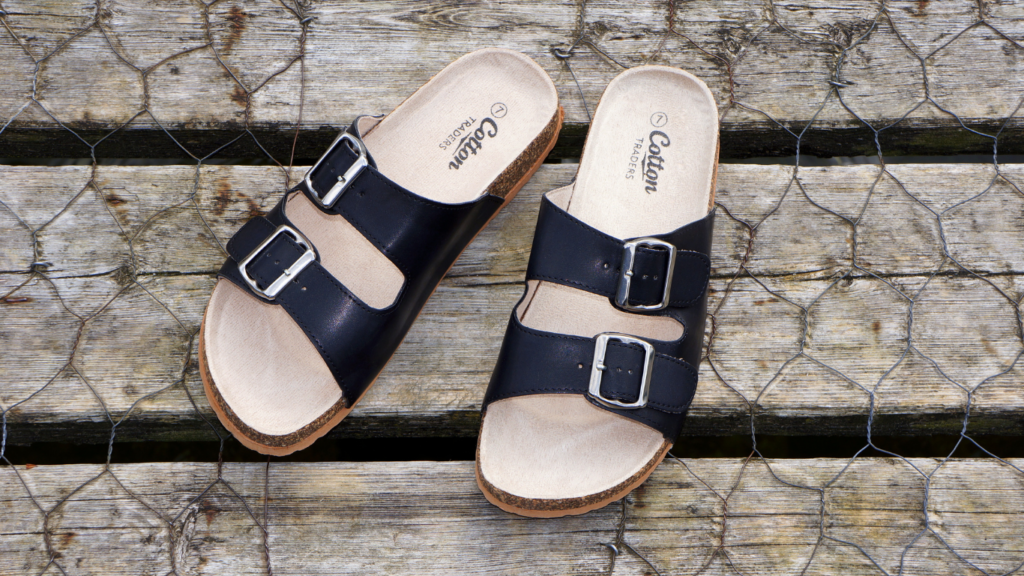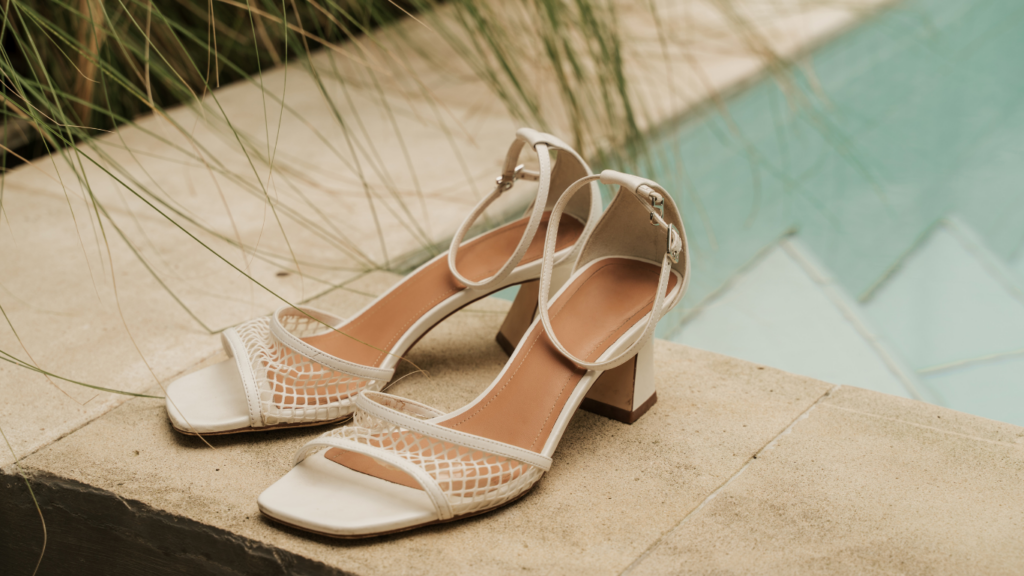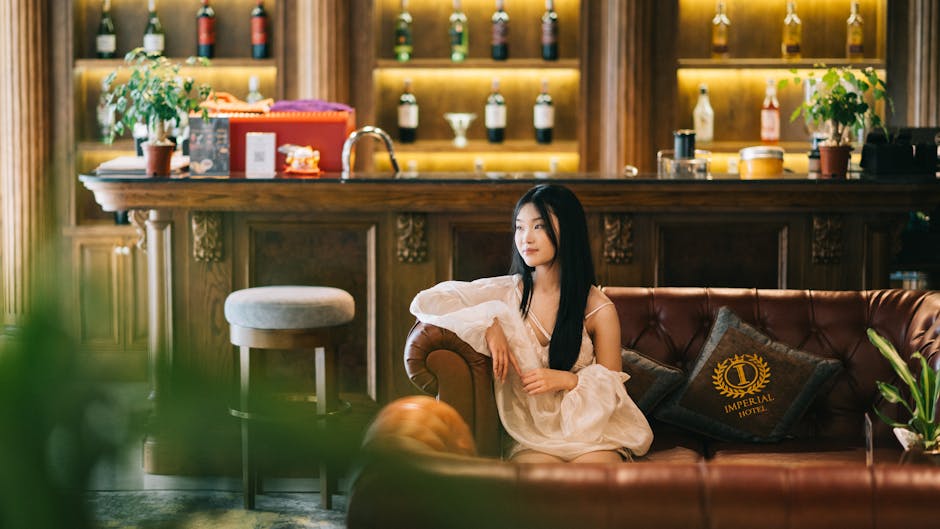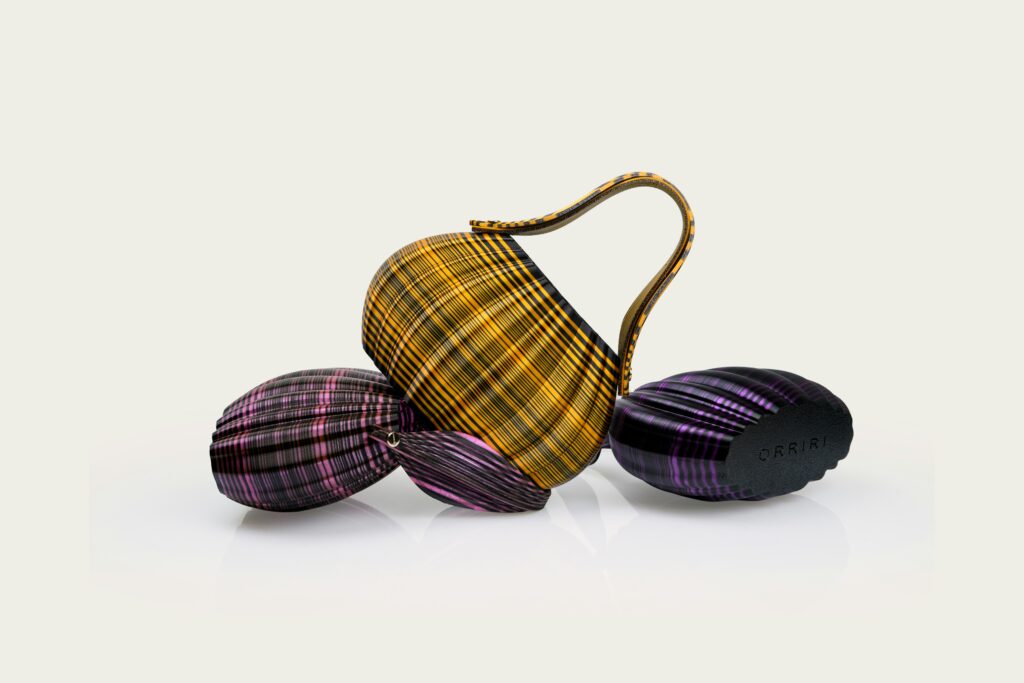In the ever-evolving landscape of luxury fashion retail, technology has emerged as a powerful force reshaping the industry. From virtual reality runway shows to personalized shopping experiences, the fusion of tech and fashion is redefining how brands engage with their clientele.
As a seasoned fashion enthusiast and tech aficionado, I’ve witnessed firsthand the transformative impact of digital innovations on the luxury retail sector. In this article, I’ll delve into the ways in which technology is revolutionizing the world of luxury fashion retail, exploring the cutting-edge tools and strategies that are propelling iconic brands into the digital age.
Join me on a journey through the intersection of style and innovation, where data-driven insights and immersive technologies are shaping the future of luxury shopping.
Evolution of Luxury Fashion Retail
Embarking on a journey through the evolution of luxury fashion retail, I delve into how technology has redefined the industry landscape, ushering in a new era of innovation and consumer engagement. Innovation is at the core of this evolution, as luxury brands adapt to changing consumer behaviors and expectations in the digital age.
Interplay of Technology and Tradition
Exploring the interplay of technology and tradition, luxury fashion retail has embraced digital transformation while preserving its heritage. From iconic fashion houses to emerging designers, the seamless integration of technology has revolutionized the way brands engage with consumers.
Omnichannel Experience
The evolution of luxury fashion retail has seen a shift towards an omnichannel experience, bridging the gap between online and offline shopping. Through seamless integration of brick-and-mortar stores with online platforms, consumers can experience luxury in a personalized and immersive manner.
Data-Driven Insights
Harnessing the power of data-driven insights, luxury brands are leveraging analytics to understand consumer preferences and behavior. By analyzing customer data, brands can curate personalized experiences and tailor their offerings to meet the ever-changing demands of the luxury market.
Sustainable Practices
In the evolving landscape of luxury fashion retail, sustainability has emerged as a key focus area for brands. Technology plays a vital role in enabling transparency in the supply chain, empowering consumers to make informed choices and driving the shift towards sustainable fashion practices.
Personalization and Customization
Personalization and customization have become integral aspects of the evolution of luxury fashion retail. Through AI-driven recommendations and virtual fitting rooms, brands can offer tailored experiences that resonate with the individual preferences of consumers.
As technology continues to shape the future of luxury fashion retail, the industry is poised for further transformation, blending innovation with creativity to redefine the art of luxury shopping.
Integration of Technology in Luxury Fashion
Technology has seamlessly woven itself into the world of luxury fashion, reshaping the way customers interact with high-end brands. Here, I’ll explore two key aspects where technology is making a significant impact in luxury fashion retail.
Virtual Try-On Experiences
To enhance the online shopping experience, luxury fashion retailers are embracing virtual try-on experiences. Through advanced augmented reality technology, customers can now virtually try on clothing and accessories from the comfort of their homes.
This not only boosts customer engagement but also reduces the need for physical store visits, catering to the evolving preferences of tech-savvy consumers.
AI-Powered Personalization
AI-powered personalization is revolutionizing how luxury fashion brands connect with their customers. By analyzing vast amounts of data, artificial intelligence algorithms can create personalized recommendations tailored to each individual’s style preferences and past purchases.
This level of personalized service enhances the overall shopping experience, fostering brand loyalty and increasing customer satisfaction.
Enhancing Customer Experience with Technology
In luxury fashion retail, technology plays a pivotal role in transforming the customer experience. High-end brands are harnessing the power of technology to provide innovative and personalized interactions that elevate the shopping journey. By incorporating cutting-edge solutions, luxury retailers create tailored experiences that resonate with their discerning clientele.
- Tailored Recommendations: By leveraging AI algorithms, luxury fashion retailers customize product recommendations based on individual preferences and past purchases. This tailored approach ensures that customers are presented with items that align with their style, size, and color preferences, enhancing the shopping experience.
- Virtual Try-On Experiences: Virtual try-on technology allows customers to visualize how clothing items would look on them without trying them physically. This immersive experience not only saves time but also helps customers make more informed purchase decisions, leading to higher satisfaction levels.
- Augmented Reality (AR): Luxury fashion brands are integrating AR technology to offer engaging and interactive experiences. Customers can virtually try on accessories, see how a piece of jewelry looks on them, or even experience virtual fashion shows from the comfort of their homes, creating a sense of exclusivity and luxury.
- Seamless Omnichannel Integration: Technology enables luxury fashion retailers to provide a seamless omnichannel experience, allowing customers to transition effortlessly between online and offline channels. Whether browsing online, visiting a physical store, or interacting on social media, customers receive a consistent and personalized experience across all touchpoints.
- Personalized Communication: Through advanced CRM systems, luxury retailers can personalize communication with customers, recognizing their preferences and purchase history. Personalized messages, exclusive offers, and tailored content enhance customer engagement, fostering long-term relationships and brand loyalty.
- Efficient Customer Service: Chatbots and AI-powered customer service tools streamline interactions with customers, providing instant responses to queries and resolving issues promptly. This seamless and efficient customer service experience showcases the brand’s commitment to excellence and enhances overall customer satisfaction.
Sustainability in Luxury Fashion Retail
In luxury fashion retail, sustainability has emerged as a pivotal focus area in recent years. Luxury brands are increasingly recognizing the importance of incorporating sustainable practices throughout their operations. As a consumer, I value sustainability in luxury fashion as it aligns with my ethical and environmental values.
The integration of sustainable materials, ethical sourcing, and transparent production processes are becoming defining factors for discerning customers like myself. Luxury fashion houses are leveraging technology to enhance their sustainability efforts.
Through blockchain technology, brands can now provide complete transparency regarding the sourcing of materials and the production chain. This level of transparency resonates with customers who seek authenticity and ethical practices in the products they purchase.
Additionally, 3D printing technology is revolutionizing the production process by enabling the creation of intricate designs with minimal waste. As a result, luxury brands can reduce their environmental footprint while offering unique and innovative products to consumers.
This sustainable approach not only appeals to environmentally conscious customers but also showcases a commitment to responsible business practices. Moreover, advancements in artificial intelligence (AI) and data analytics are empowering luxury brands to optimize their supply chain management and reduce excess inventory.
By forecasting demand more accurately and producing goods in line with consumer preferences, brands can minimize waste and streamline their operations. This data-driven approach not only enhances efficiency but also contributes to sustainable practices within the luxury fashion industry.
The integration of sustainability practices with technological innovations is reshaping the landscape of luxury fashion retail. As a consumer who values ethical and environmentally sustainable products, I appreciate the efforts of luxury brands to prioritize sustainability while delivering high-quality and fashionable goods.
This commitment not only meets the expectations of discerning customers like me but also sets a new standard for the industry as a whole.






